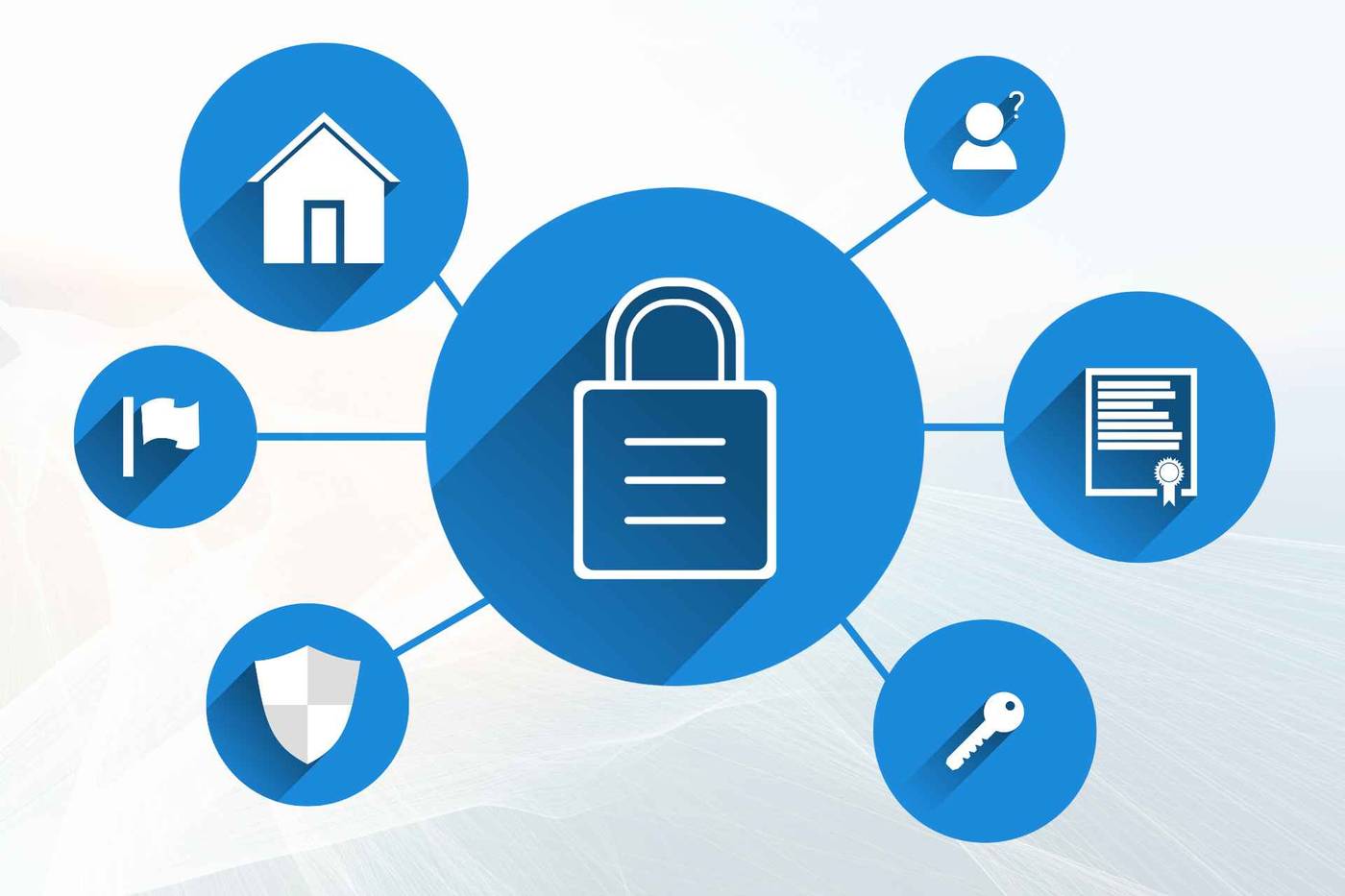Real estate fraud is becoming an increasingly common way for criminals to steal someone’s property, and while it is less common than other types of fraud, title fraud is a form of real estate fraud that homeowners need to be aware of. Home title fraud is essentially the forging of a deed to transfer ownership of property away from the true owner in order to profit from the theft of the property.
The steps to commit title fraud, sometimes known as deed fraud, generally follow a similar pattern:
- Scammer identifies a property they want to acquire or that they deem as an easy target for committing title fraud (such as vacant properties).
- They forge any necessary real estate documentation, such as a deed, which transfers ownership to them, and have it filed on record with the county.
- The new “owner” either sells the property or takes out a home equity line of credit loan against the property. The true property owner may only discover they no longer own their property when they get a notice of the new mortgage or when a bank begins the process to foreclose on the property.
- The scammer may commit identity theft to steal a homeowner’s identity and transfer the deed to their name (meaning they fraudulently act as the homeowner and then transfer the property to themselves).
Title fraud is an example of something that highlights the importance of title insurance. Owner’s title insurance may protect your interests if a title issue, such as a document forgery, is discovered on the property.
In addition, property owners can take steps to protect themselves against fraud. If they discover title fraud has occurred, legal avenues exist to address the problem and reassert their ownership.
Protection Against Title Fraud
Owners can take some preventive steps to minimize their risk of falling prey to fraud. These include:
- Check your credit report frequently, or subscribe to a credit monitoring service to assist with monitoring your information.
- Take steps to protect your data, both online and offline.
- Pay attention to any unusual mail or unfamiliar paperwork regarding your mortgage. Also pay attention if you see a decrease in your regular mail (such as bills).
- Periodically check with your county deed office for any activity related to your property.
- If you’re not regularly at the property or if you will be absent from the property for a significant period of time, have a trusted third party check the property on a regular basis.
While title fraud is one of the rarer forms of real estate fraud, it can happen and it can have very serious implications. If you discover any indications of deed fraud related to your property or any other potential problems that might cloud your ownership, you must act as soon as possible. This includes contacting local authorities, the FBI, the Federal Trade Commission, and your lender and closing company.
If you have questions about title insurance or any other title-related information, please don’t hesitate to reach out to Attorney’s Title Group. Our in-house attorneys can assist with remediation of title issues to avoid any surprises before (or after) closing.

